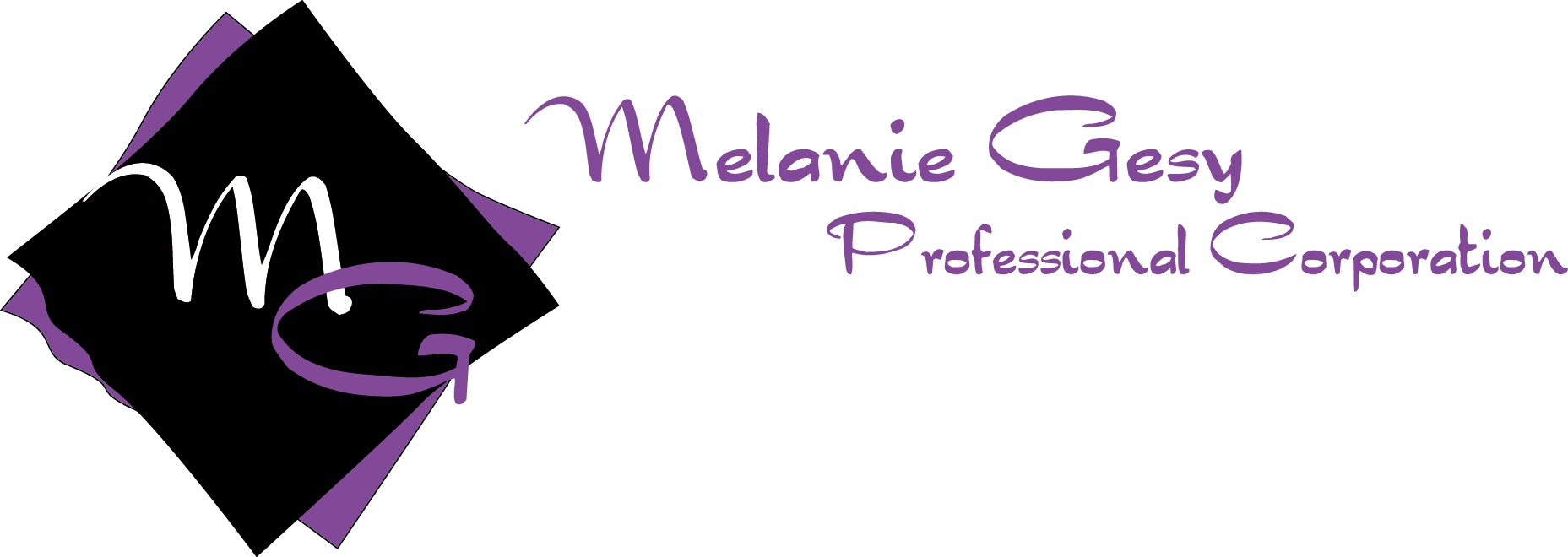MELANIE GESY NEWS

Preparing a Power of Attorney and Personal Directives in Canada
A Comprehensive Guide
Life can be unpredictable, and planning for the future is essential to ensure that your wishes are respected if you become unable to make decisions for yourself.
Two key legal documents that can help safeguard your interests are the Power of Attorney (POA) and Personal Directives. This will guide you through their importance, differences, and steps to prepare them in Canada.
What is a Power of Attorney?
A Power of Attorney is a legal document that allows you (the "grantor") to appoint someone (the "attorney") to manage your financial and legal affairs. This document can cover a wide range of responsibilities, from paying bills to handling investments and property transactions.
Types of Power of Attorney:
- General Power of Attorney: This grants broad powers to the appointed person, allowing them to manage your finances and property. It is typically used for a specific period or purpose and becomes invalid if you become incapacitated.
- Enduring Power of Attorney: Unlike a general POA, an enduring POA remains in effect even if you become mentally incapacitated. This ensures that your financial affairs are managed according to your wishes, regardless of your health status.
- Limited Power of Attorney: This type of POA grants specific powers for a particular task or period. For example, you might appoint someone to handle a real estate transaction while you are out of the country.
What is a Personal Directive?
A Personal Directive is a legal document that outlines your wishes regarding personal and health-related decisions. You'll appoint a trusted individual (often referred to as an "agent") to act on your behalf if you cannot make these decisions yourself.
What Can a Personal Directive Cover?
- Medical treatments and interventions
- Living arrangements
- Personal care preferences
- End-of-life decisions
Why Are These Documents Important?
- Clarity and Control: They ensure your wishes are followed, reducing uncertainty and stress for loved ones.
- Legal Protection: Both documents provide a clear framework, minimizing disputes or misunderstandings.
- Timely Decision-Making: They allow trusted individuals to act promptly on your behalf without court intervention.
Steps to Prepare a Power of Attorney and Personal Directive in Canada
- Understand Provincial and Territorial Laws
Each province and territory has its own rules and requirements for these documents. For example:
• In Alberta, the Personal Directive Act governs personal directives, while the Powers of Attorney Act regulates POAs.
• In Ontario, POAs are covered under the Substitute Decisions Act.
Visit your province or territory's website for specific forms and guidelines. - Choose Your Attorney
Select a trusted individual who is capable of managing your affairs responsibly. This person should be someone you trust implicitly, as they will have significant control over your finances and property. This could be a family member, close friend, or professional fiduciary. Consider:
• Their ability to make sound decisions
• Their willingness to take on the responsibility
• Potential conflicts of interest - Draft the Documents
• Use standardized forms available online or from your local government office.
• Alternatively, consult a lawyer or notary to ensure the documents meet legal requirements and reflect your specific wishes. - Include Specific Instructions
Be clear about the scope of authority and any limitations. For example:
• For a POA, specify whether the attorney can sell property or access specific accounts.
• For a Personal Directive, outline your preferences for medical care or living arrangements. - Sign and Witness the Documents
Both documents must be signed in the presence of witnesses who meet legal requirements. In some provinces, the appointed attorney or agent cannot act as a witness. - Communicate Your Decisions
Inform the individuals you've appointed and provide them with copies of the documents. Discuss your wishes to ensure they understand their responsibilities. - Store Safely and Review Regularly
Keep the originals in a secure location, such as a safety deposit box, and provide copies to your attorney, agent, and family members. Review the documents periodically to ensure they still align with your wishes.
Additional Tips
- Revoking or Updating: You can revoke or update these documents at any time as long as you are mentally capable.
- Legal Advice: While templates are available, seeking legal advice ensures that your documents are comprehensive and enforceable.
- Emergency Planning: Consider having these documents prepared well in advance of any anticipated need.
Preparing a Power of Attorney and Personal Directives is a crucial step in safeguarding your future and ensuring your wishes are respected. By taking the time to create these documents, you can have peace of mind knowing that your affairs will be managed according to your preferences, even if you are unable to make decisions yourself. It's a proactive and responsible approach to planning for the unexpected, and it can provide invaluable support to your loved ones during challenging times. Start the process today and take control of your tomorrow.
Alternate reading: Read my December 2024 blog about Making a Will.

